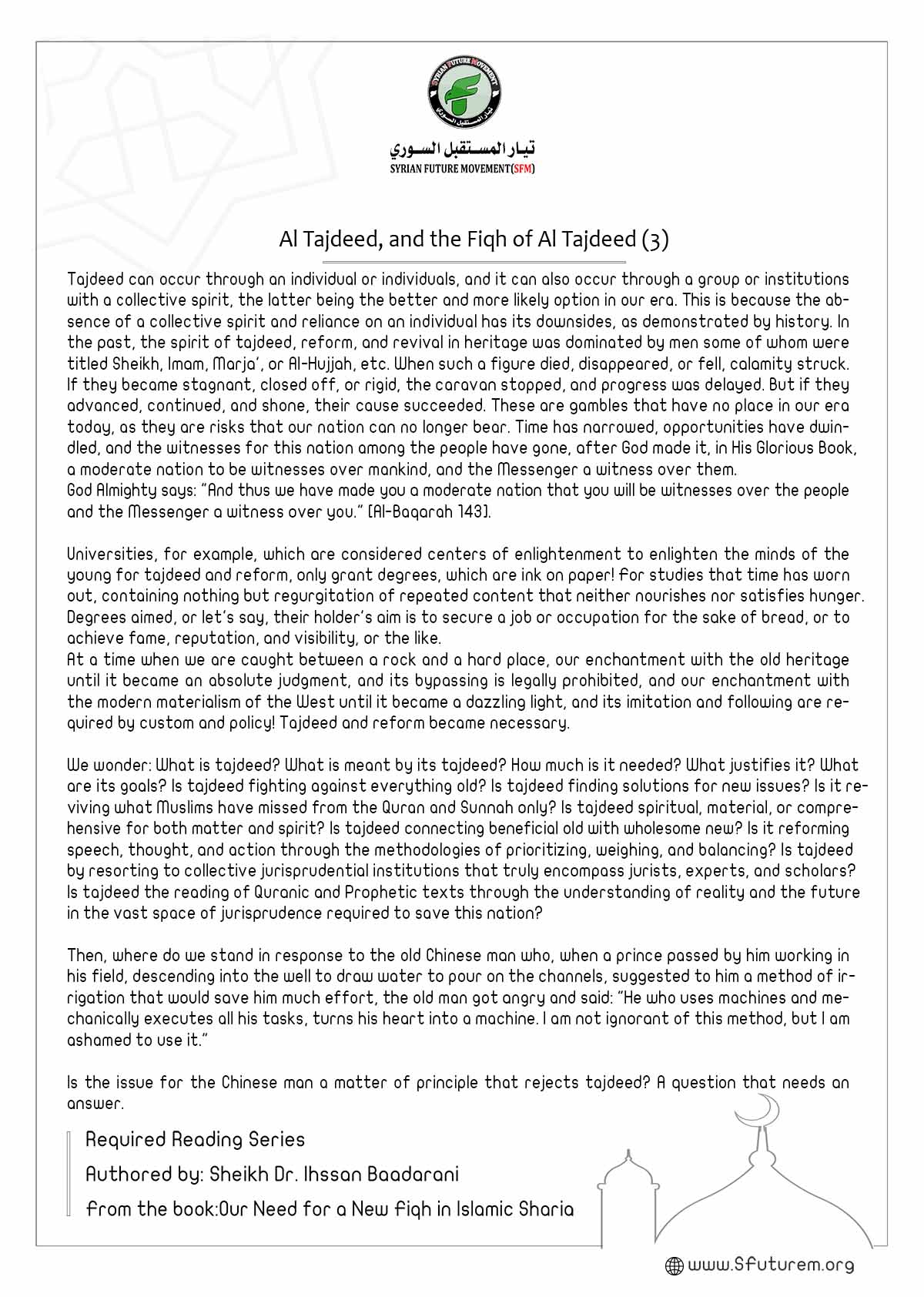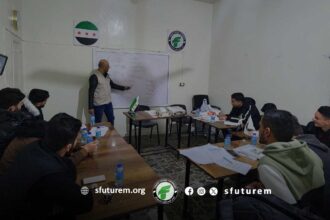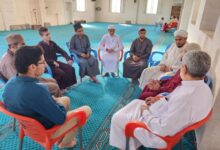6- Renewal and the fiqh of renewal (3): Dr. Ihssan Baadarani

Tajdeed can occur through an individual or individuals, and it can also occur through a group or institutions with a collective spirit, the latter being the better and more likely option in our era. This is because the absence of a collective spirit and reliance on an individual has its downsides, as demonstrated by history. In the past, the spirit of tajdeed, reform, and revival in heritage was dominated by men some of whom were titled Sheikh, Imam, Marja’, or Al-Hujjah, etc. When such a figure died, disappeared, or fell, calamity struck. If they became stagnant, closed off, or rigid, the caravan stopped, and progress was delayed. But if they advanced, continued, and shone, their cause succeeded. These are gambles that have no place in our era today, as they are risks that our nation can no longer bear. Time has narrowed, opportunities have dwindled, and the witnesses for this nation among the people have gone, after God made it, in His Glorious Book, a moderate nation to be witnesses over mankind, and the Messenger a witness over them.
God Almighty says: “And thus we have made you a moderate nation that you will be witnesses over the people and the Messenger a witness over you.” [Al-Baqarah 143].
Universities, for example, which are considered centers of enlightenment to enlighten the minds of the young for tajdeed and reform, only grant degrees, which are ink on paper! For studies that time has worn out, containing nothing but regurgitation of repeated content that neither nourishes nor satisfies hunger. Degrees aimed, or let’s say, their holder’s aim is to secure a job or occupation for the sake of bread, or to achieve fame, reputation, and visibility, or the like.
At a time when we are caught between a rock and a hard place, our enchantment with the old heritage until it became an absolute judgment, and its bypassing is legally prohibited, and our enchantment with the modern materialism of the West until it became a dazzling light, and its imitation and following are required by custom and policy! Tajdeed and reform became necessary.
We wonder: What is tajdeed? What is meant by its tajdeed? How much is it needed? What justifies it? What are its goals? Is tajdeed fighting against everything old? Is tajdeed finding solutions for new issues? Is it reviving what Muslims have missed from the Quran and Sunnah only? Is tajdeed spiritual, material, or comprehensive for both matter and spirit? Is tajdeed connecting beneficial old with wholesome new? Is it reforming speech, thought, and action through the methodologies of prioritizing, weighing, and balancing? Is tajdeed by resorting to collective jurisprudential institutions that truly encompass jurists, experts, and scholars? Is tajdeed the reading of Quranic and Prophetic texts through the understanding of reality and the future in the vast space of jurisprudence required to save this nation?
Then, where do we stand in response to the old Chinese man who, when a prince passed by him working in his field, descending into the well to draw water to pour on the channels, suggested to him a method of irrigation that would save him much effort, the old man got angry and said: “He who uses machines and mechanically executes all his tasks, turns his heart into a machine. I am not ignorant of this method, but I am ashamed to use it.”
Is the issue for the Chinese man a matter of principle that rejects tajdeed? A question that needs an answer.






